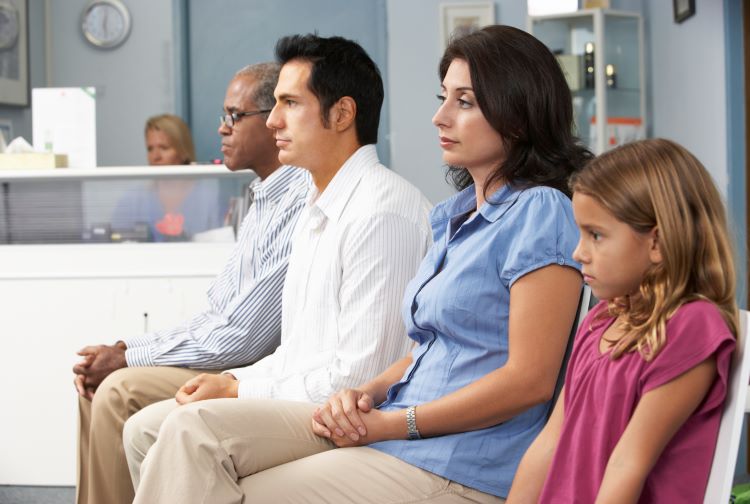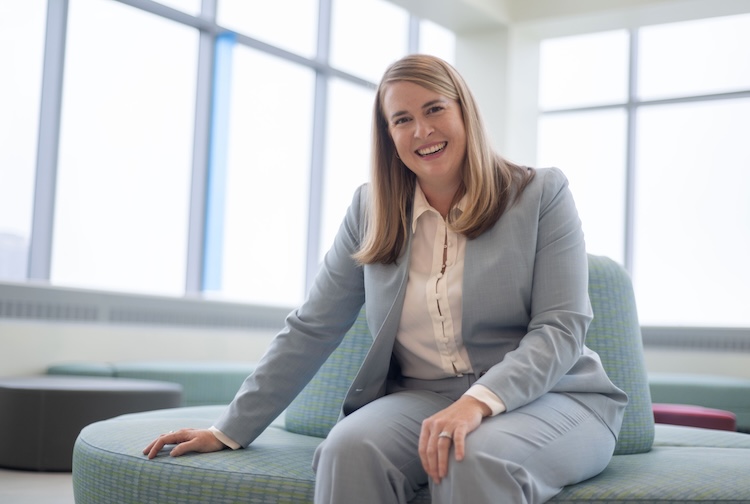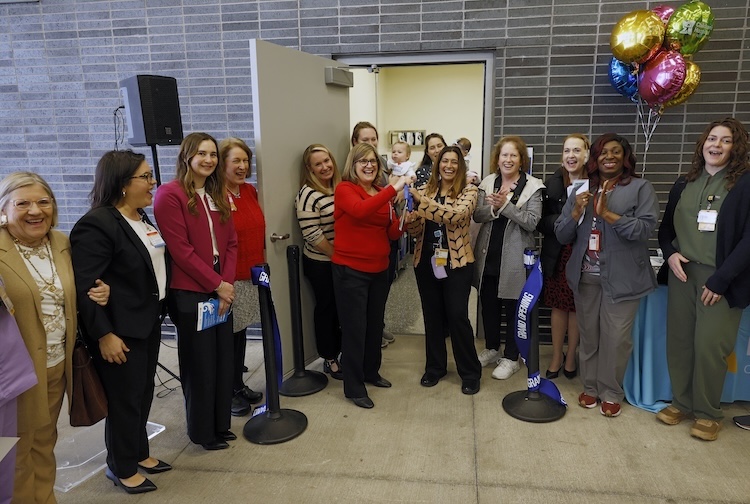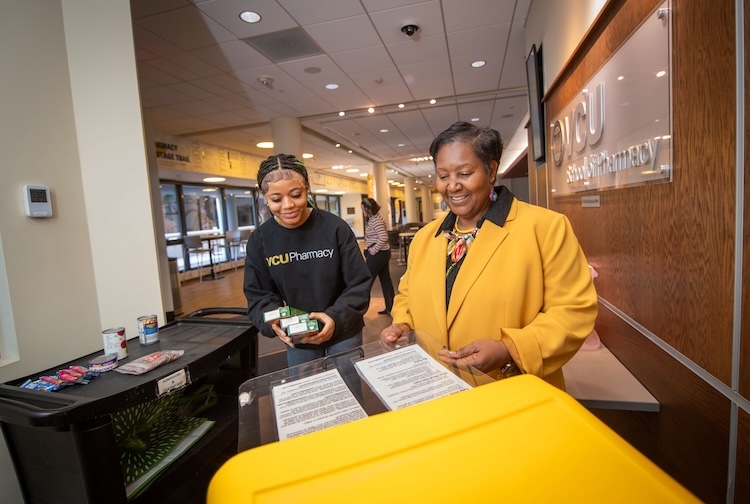Bridging communities through empathy, purpose and language
As part of Global Diversity Awareness Month, we're amplifying the voices of VCU Health team members with diverse perspectives and experiences who are helping others in their communities. Here, Evan Lee-Ferrand, supervisor, Language Services, describes his life experiences.
October 09, 2020
Why did you become interested in your profession?
Growing up in the immigrant community, I was exposed to so many languages and saw the power of culture, language and race in the daily lives of so many people. I always was inspired to be one of those “bridgers” through translation.
My mom, who is from Hong Kong, grew up in a place where speaking two languages was a default, and she raised my brother and I to recognize Spanish almost as if it was a co-official language of the USA. She instilled in me the value to regard all immigrants as the new American culture and to always appreciate how this country is enrichened by the global communities that come to build our society. I was so lucky to be raised by a mom who taught me to be always appreciative of the ability to be multilingual.
I never could imagine myself in any profession other than linguistics. Later on, I wanted to offer more to the interpreting and health care community in a role of leadership that would not only improve the communication services non-English speaking community members receive — which are mandated by several layers of legislation, including the Civil Rights Act — but would also help build a strong, diverse community of interpreters. I also wanted to be an active participant in helping a hospital build a culture of inclusiveness. When I interviewed for the position of supervisor for Language Services at VCU Health, I knew I found the right place.
What's the most rewarding part of your job?
I absolutely love meeting other enthusiastic personalities both within our team and with other clinical staff who love building a stronger culture of inclusiveness and awareness of the importance of the non-English speaking community in the commonwealth. So many people, when offered an opportunity to create new processes, new projects and even new technology, really show a beautiful side of humanity. My team and I get to celebrate this every week we come to work.
Why do you think it's important for there to be diversity in health care?
For me, diversity is measured best when the team of service providers can make a consistently successful and growing connection with the community they serve.
Diversity isn't achieved just by checking off the race box. What's more important is creating bridges and relationships where first, we make an authentic impact on community members, and second, community members can be seen and heard by health systems — and the internal culture is rewarded by these intersections. This requires much more than HR hiring a certain look, a certain last name, passport race, etc. It requires leadership to model authenticity, sincerity and love for the job we do. Otherwise, our best surgeons, technology, experts, services and even facilities cannot make a meaningful difference.
Leadership needs to also recognize that personal background, experience and community connection is a priceless asset, and that while these aren't traits that can be duplicated in an academic setting or fit on a diploma, they are pillars to the success of a culture that is sincere and genuine.
What are some challenges or misconceptions that the communities you serve face?
A lot of people continuously make comments that non-English speakers are just people who leech off the public system. This is a classic example of scapegoating a marginalized part of society. A wise pastor once told me you can never ignore any part of a community, no matter how small they are considered. Try slamming your toe with a hammer and see what it's like to walk just one day. This is how we need to see all of our communities.
Immigrants contribute so much to our GDP, to the basic needs of our society. No one ever complains what language is spoken when our houses and airports are being built, when our tomatoes are being harvested or when our meat is being packaged. Why shouldn't we celebrate these languages? I know my team and I are successful because we understand how important non-English speaking members of our community are. While not recognized by the masses, they are a huge part of what makes our lives run.
How do you support diverse communities at VCU Health, both non-English speakers and the deaf and hard of hearing community?
It's easy to think of only immigrants and foreign nationals when we think of interpreters and translators, but within our own country we have the deaf and hard of hearing community, which is rich in its own language and culture. This community is never truly recognized by most Americans.
During the shutdown this year, my ASL interpreter and VCU Health received a public recognition by a well-known non-profit for the deaf at their public town hall for the positive contribution we made to the deaf community during the COVID-19 pandemic.
My intention is that we have more non-English speaking patients feel welcomed, equal and empowered to enter our premises and receive medical care and attention because of the success of our department. We're always in the process of improving and growing. But most importantly, because our team culture reminds us to remember the bigger picture, there's never a week we leave unsatisfied. It's through this internal sustainability that I know that the communities we serve will continue to see and experience more of the support they need.
Do you have any advice for patients who may be struggling with the tragedies happening in the world right now and/or the discrimination or injustices they may be facing each day in their own lives?
Nothing can take away the pain that happens when we see our community members attacked, assaulted, assassinated, discredited and maligned. In the depths of our beings we know that this can't be the future we create for our children.
I can't say I have advice for patients, but I do say I hope I continue to have the honor to learn from them and to have their experiences help me grow as a better leader and community service provider.
I have been blessed year after year to be welcomed into so many communities other than the ones that raised me. Let's keep learning from one another, and let's always become better listeners, even when that means dropping our sense of frustration and judgment. For every family that has taken the time to tell me about their experience here at VCU Health, and for every hug, smile and feedback that has been given, to that I say thank you.




